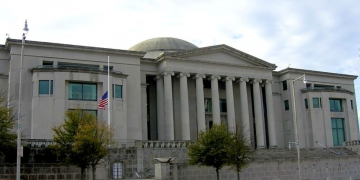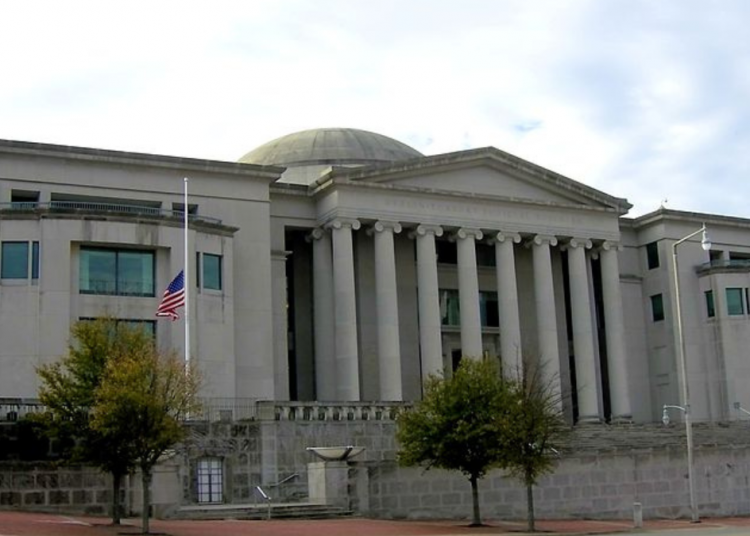Last updated on February 23rd, 2024 at 09:00 am
The Alabama Supreme Court recently ruled that “all unborn children,” including embryos created outside the womb, are recognised as humans under the state’s Wrongful Death of a Minor Act, challenging the traditionally-held legal view that such embryos are considered property, not individuals. The ruling was achieved in response to a 2020 case involving the destruction of three couples’ embryos at the Center for Reproductive Medicine, which the couples argued violated the Wrongful Death of a Minor Act.
The reversal came after Mobile County Circuit Court Judge Jill Parrish Phillips dismissed the case on the grounds that “cryopreserved, in vitro embryos involved in this case do not fit within the definition of a ‘person’ or ‘child’.” The Alabama Supreme Court dismissed this perspective, insisting that “all unborn children” were covered by the law, regardless of their location.
The ruling by Alabama is significant as it puts pressure on those engaged in Assisted Reproductive Technology (ART) and could lead to the industry facing legal consequences for promoting and executing the destruction of embryos. Supporters of Big Fertility, including the Medical Association of the State of Alabama, have criticised the decision, suggesting it could make operations more costly and potentially result in fertility clinics shutting down.




















Discussion about this post